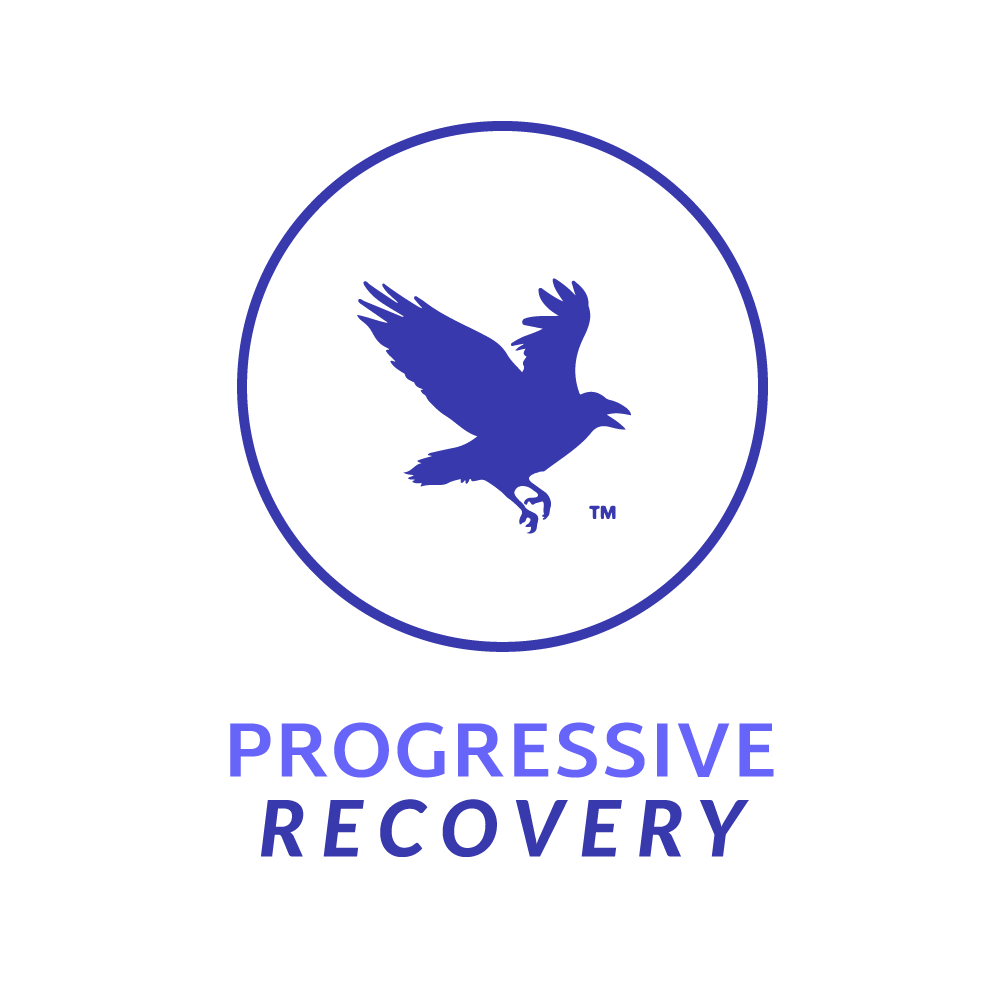Recovery and Post Traumatic Growth
“Restless, irritable and discontented” is a phrase from AA’s Big Book that is often a point of connection for many of us who come into recovery. Over many years and with our increasing understanding of addiction, we’ve discovered that trauma is often a significant factor in that restlessness and discontent. Yet the subject remains terribly misunderstood.
Trauma can be summarized as capital “T" and small "t". The former includes horrific events like witnessing violence or destruction. The latter is really low-grade, repetitive wounding that is common in many of our unhealthy families and communities.
Because we find the need to address underlying traumas so relevant to a progressive recovery, the chapter “On Trauma and Growth” was added to Progressive Recovery Through the Twelve Steps: Emotionally Sober for Life. The resources that follow are intended to support your exploration of this area in your own recovery, then to find the interventions you may need that allow for the healing of old wounds.
More importantly we want to highlight what many of us have already seen in our recovery: that the factors which can be so devastating are the same ones that can transform us.
This amazing reality now has a name: Post Traumatic Growth!
Recovery provides the opportunity and the means to take us deeply into that growth.
The secret is always in our willingness and ability to engage those challenges in the same optimistic ways we approach the path to overcoming alcoholism and addiction.
We wish you nothing but the best, and all the encouragement in the world.
Attached HERE is the chapter “On Trauma and Growth.” It is a thorough explanation of how we understand trauma, and more importantly, how we grow through and beyond it.
Sometimes a story can be a powerful way to learn and grow. No wonder a centerpiece of recovery is to “tell our stories,” and of course, to emphasize our “experience, strength and hope.” Stories remind us that we are not alone, and when we step into them, we can sometimes find parts of ourselves waiting to be discovered. The Saga of Grace series invites us into that journey—offering stories that help us explore our own paths and perhaps even be transformed. Below are a set of stories, both fiction and real-world, that can support our exploration of trauma and recovery, and move us toward Post Traumatic Growth.
In developing Progressive Recovery content, the tale of a recovering alcoholic named Kevin Pitcairn emerged as a powerful reflection of spiritual transformation. Described as a “psycho-spiritual thrillers,” the series follows his path of recovery through devastating traumas in a fictional landscape. Currently it includes three books, A Killer’s Grace, The Dark Side of Grace and The Reckoning of Grace, though several more will follow. Each stands alone in telling different stages of Pitcairn’s evolving recovery, and each offers a mirror into how we might better understand our own stories.
If you are like many of us, and love a good story about recovery, you may find these to be both valuable and entertaining. It is the story of an alcoholic finding his way to Post Traumatic Growth, but it is also an invitation for each of us to walk more deeply into our own recovery—and to be changed by the telling.
Maggie’s tale of engaging and overcoming traumas is a powerful combination of sobriety, the twelve steps and therapy. It parallels what Bill W. came to say of personal inventory work, that it would move beyond an accounting of bad behavior and personal flaws to exploring “the damages that occurred to us during life and a sincere effort to look at them in a true perspective.” (Letter, 1957)
As Maggie explains from her own life, trauma is not what we imagined. It can be Big Trauma, or little trauma. Regardless, she helps us see how deeply distressing or disturbing events overwhelm our ability and willingness to cope. And that often these factors are at the core of our alcoholism or addiction.
The best part of her story though is how that difficult inner work became a springboard for an increasingly profound recovery. How it turned her from despair to contentment in long-term sobriety.
In the end, Maggie’s story is what many of were seeking all along: a means to put ghosts from the past back in the past. Then in doing so, to finally heal in most powerful ways.
*****
For more information about trauma and recovery, attached is a chapter from the book Progressive Recovery through the Twelve Steps: Emotionally Sober for Life. In addition, you can find a wealth of resources through the work of Gabor Mate on trauma and addiction.
It’s not uncommon to hear someone in recovery planning to take some dark secret to the grave, just as it’s not uncommon to believe there are some wrongs which can never be made right. Yet a long-term, progressive recovery demands that we make peace with the most painful and difficult parts of our story.
A grievance unresolved and held too long becomes a potential relapse.
That brings up the subject of forgiveness — for others, and perhaps more importantly — for ourselves.
How we forgive is not clear to most of us. Letting go is not a simple matter. That’s why Tammy’s story is so powerful. What if you had committed a terrible deed? One that was not able to be amended? Yet one that somehow must be made right?
It is there that an enduring emotional sobriety can be created. It is there that magic is to be found for Tammy. It is there that she has a gift of experience to share for all of us. It is there that healing of trauma is possible.






